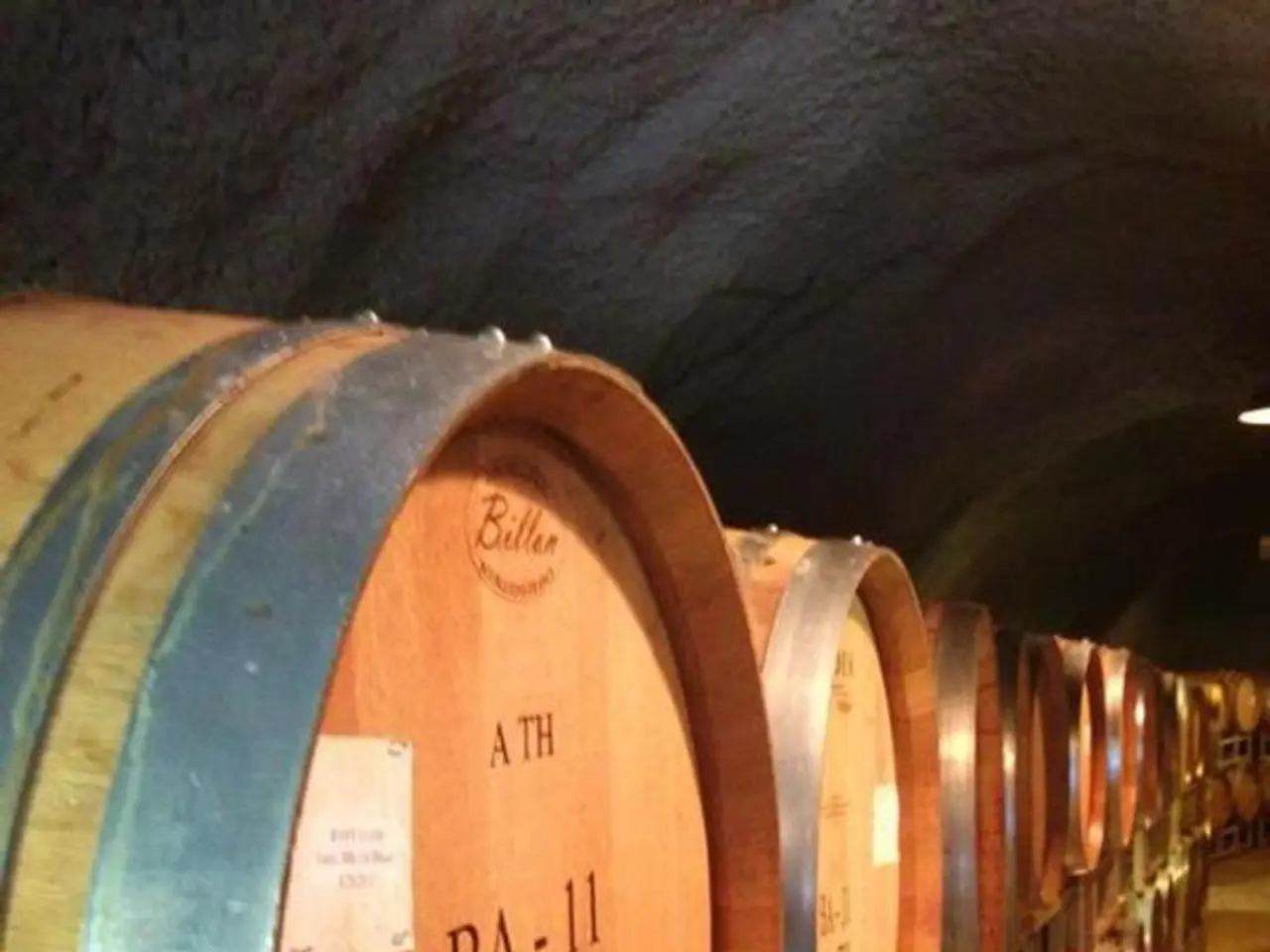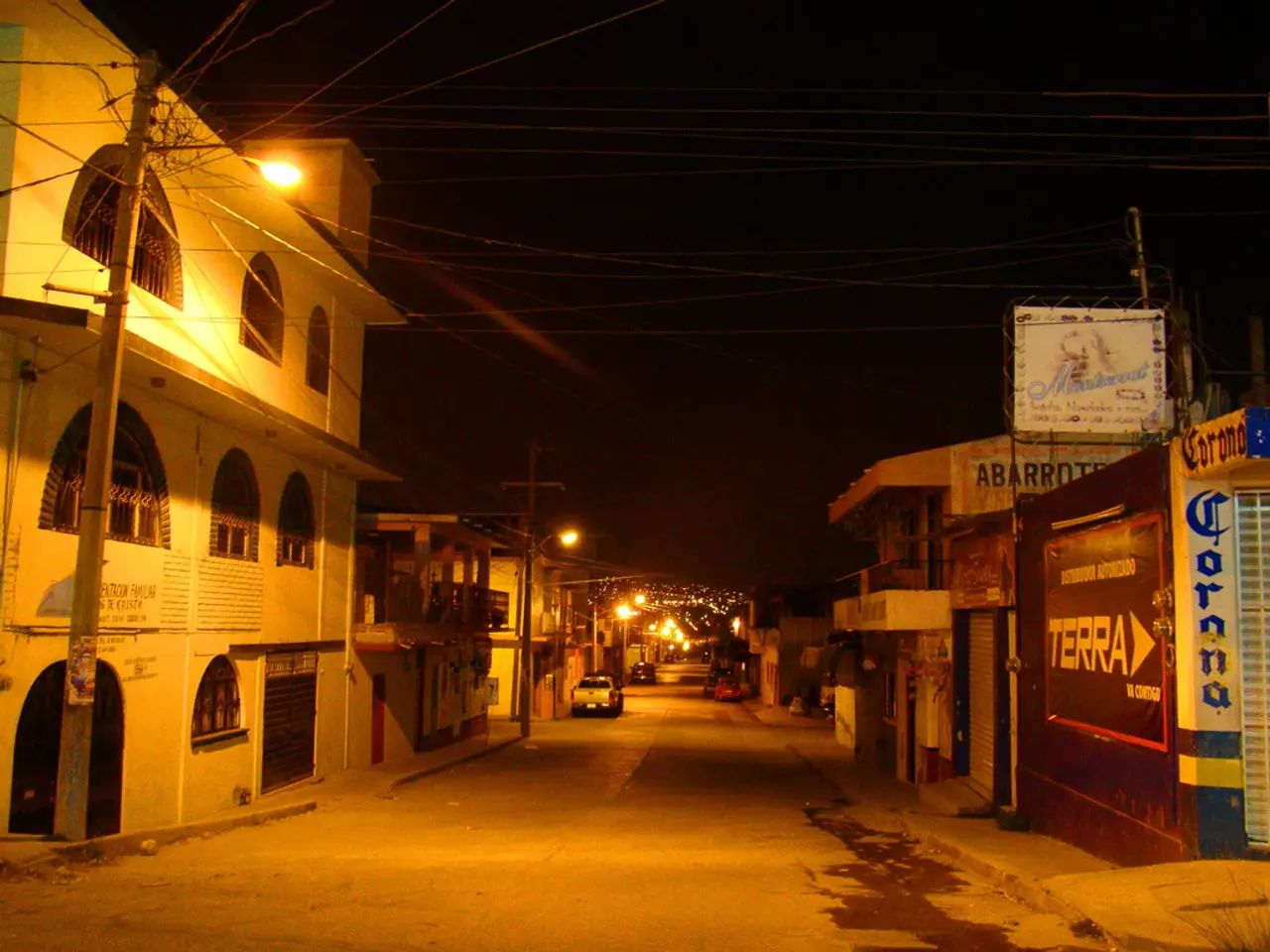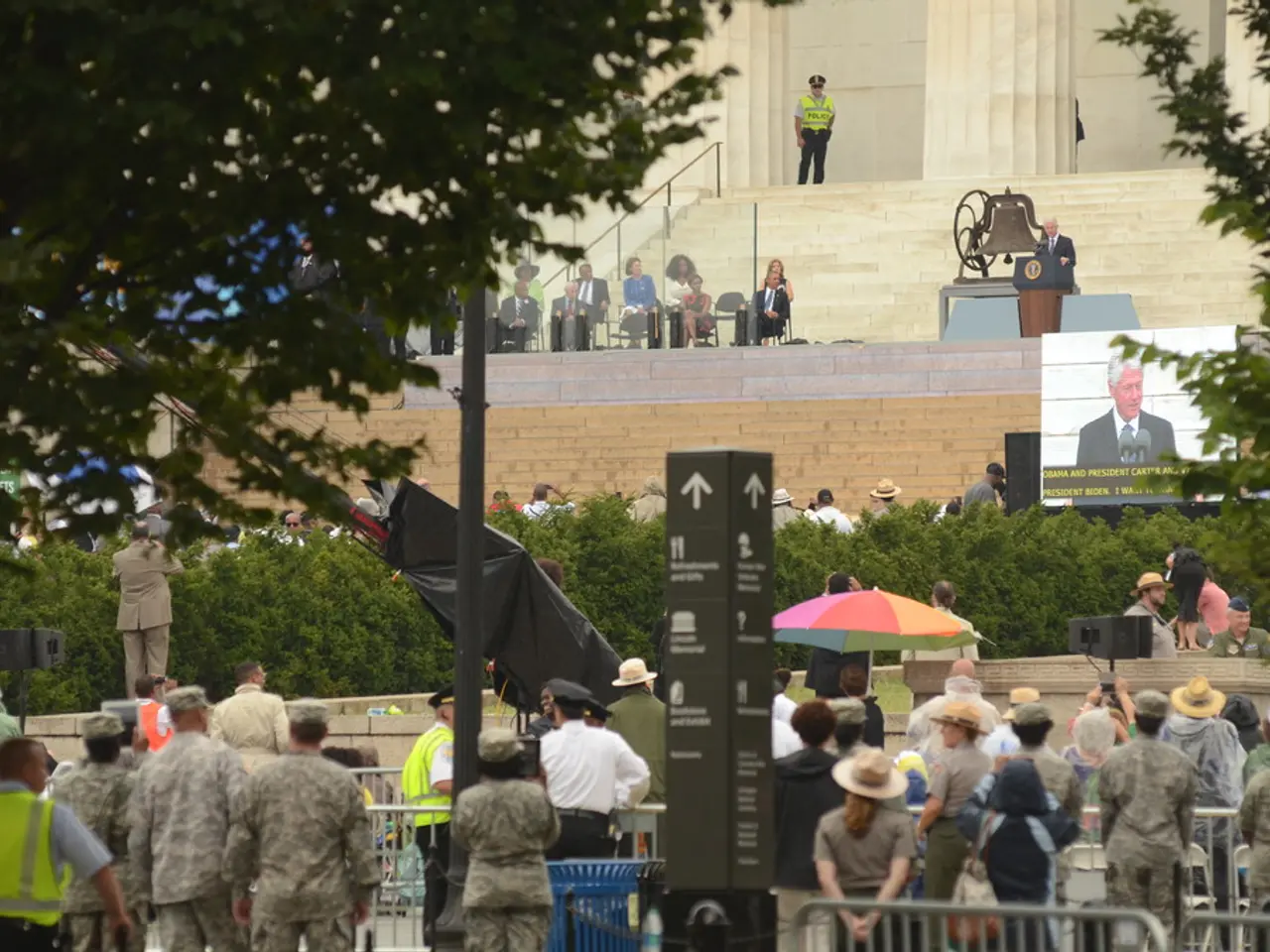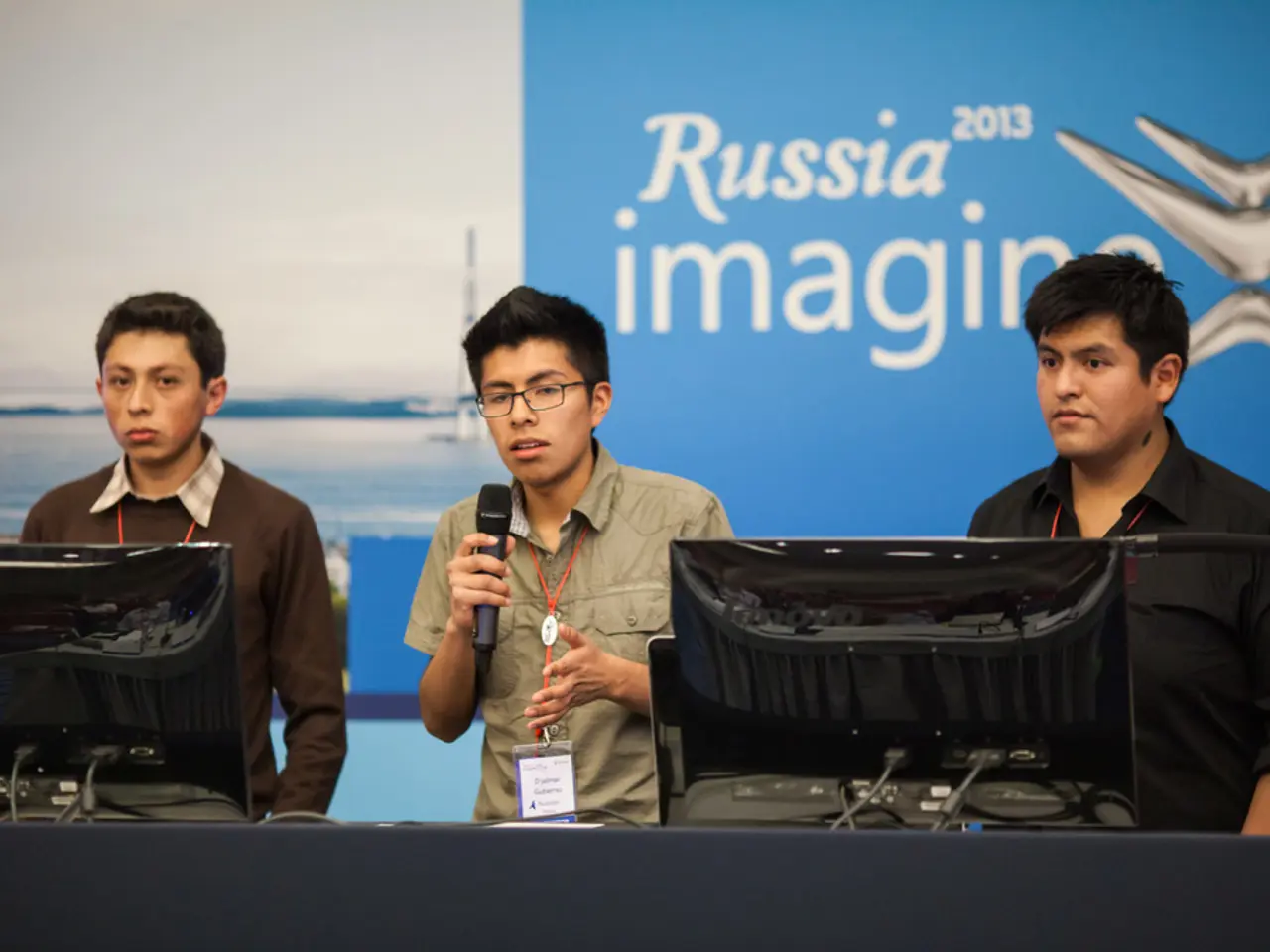U.S. and White House Dispel Reports of Iran Moving Enriched Uranium
The Stalemate Over Iran's Nuclear Ambitions
Uranium acquisition by Iran proved unsuccessful prior to U.S. military action
The cat-and-mouse game between narratives rages on in the wake of the US military's attack on Iranian nuclear facilities—can the U.S. annihilate all of Iran's nuclear aspirations, or merely disrupt the program? Donald Trump's spokesperson seeks to squash such misconceptions.
Karoline Leavitt, a spokesperson for President Trump, has categorically denied rumors that Iran may have shifted its highly enriched uranium before the U.S. strikes. According to her, "The United States had no indication that enriched uranium was moved before the attacks," she stated in an interview with Fox News. She deemed such reports as misleading.
Trump's Victory Claims and Imminent Press Conference
In her interview, Leavitt reinforced Trump's sentiment that the attacks were successful, stating, "What is currently on the site is buried under kilometers of rubble because these attacks on Saturday night were successful." The B-2 stealth bombers of the U.S. pounded two Iranian nuclear facilities with bunker-busting GBU-57 bombs, and a submarine hit a third facility using Tomahawk cruise missiles. Trump heralded the attacks as a "spectacular military success."
Doubts and Contradictory Information
However, media outlets reported on Tuesday, based on preliminary U.S. intelligence, that the attacks had only postponed Iran's nuclear program by a few months. The Iranian centrifuges and enriched uranium stocks remained intact.
Furthermore, the U.S. president's intelligence chiefs contradicted the speculation about the state of Iran's nuclear facilities. CIA Director John Ratcliffe claimed that new information from a "historically reliable" source pointed to "several key Iranian nuclear facilities" being destroyed and will require years to rebuild.
The International Atomic Energy Agency (IAEA) and Off-site Radiation Monitoring
The head of the IAEA, Rafael Grossi, also expressed concerns about the unknowns. The IAEA has been unable to inspect uranium stocks since the outbreak of hostilities, Grossi confided on French television. Despite this, he emphasized that it was not indicative that the HEU was concealed or lost, but rather the IAEA could not confirm its current whereabouts.
Ceasefire and the Future of Enrichment Capabilities
As per the IAEA's estimation, Iran retains approximately 408 kilograms of uranium enriched to 60 percent. The IAEA last inspected these stocks on June 10 before the Israeli attacks commenced. Further enriched to 90 percent, this material would suffice for about nine atomic bombs.
Israel launched a pre-emptive major assault on Iran on June 13, citing Iran's advanced nuclear and missile programs. Iran countered with massive attacks on Israel. The conflict ceased on Tuesday.
The True Impact of the Strikes
While the enriched uranium remains within Iran, the extensive damage to the centrifuge infrastructure and enrichment capabilities slow Iran's ability to further enrich uranium to weapons-grade levels quickly. However, Iran retains stockpiles enriched to 3-5%, 20%, and 60% enrichment levels, but not weapons-grade uranium (90% enrichment). The damage has significantly extended the time needed for Iran to produce a nuclear weapon in the near term.
The International Atomic Energy Agency continues to closely monitor the situation as tensions simmer.
- The community needs to understand the implications of the U.S. military's strikes on Iranian nuclear facilities, particularly regarding the fate of highly enriched uranium (HEU). Some reports suggest that Iran moved HEU before the attacks, but the employment policy of the White House, as stated by spokesperson Karoline Leavitt, denies such allegations.
- The political landscape is complex, with the ongoing stalemate over Iran's nuclear ambitions, general news about war-and-conflicts, and contradictory information from various sources. The International Atomic Energy Agency (IAEA) is closely monitoring the situation, expressing concerns about the unknowns, such as the current whereabouts of the HEU, which remains a significant concern in the realm of politics and employment policy.






